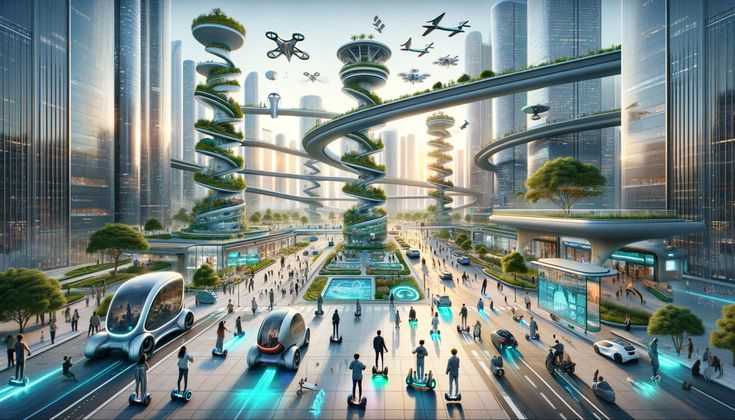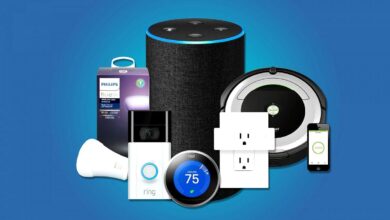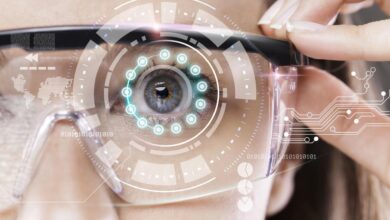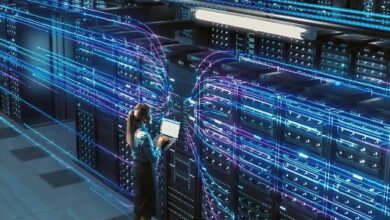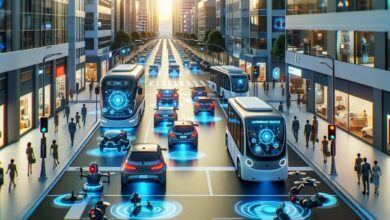Revolutionizing Industries with Smart Tech.
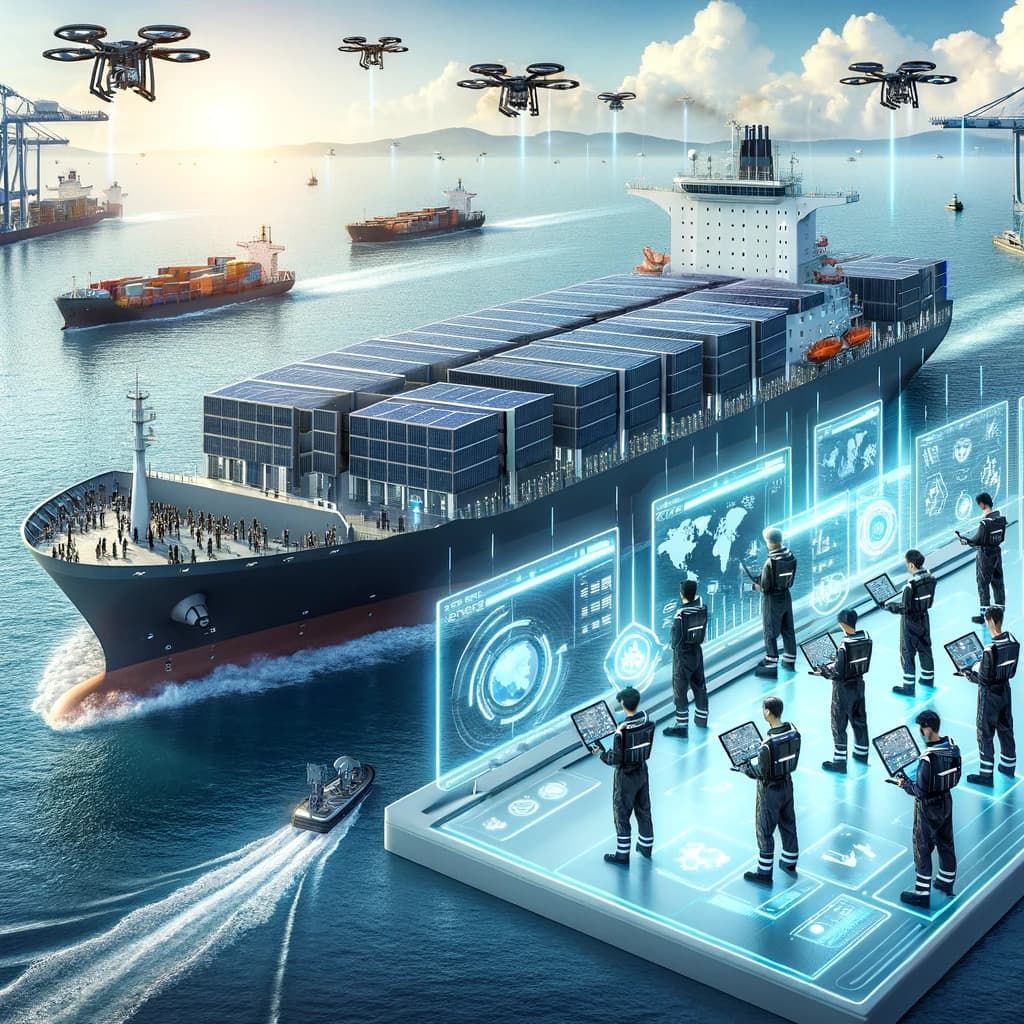
Redefining Business with Intelligent Technology
In the modern economic landscape, industries across the globe are undergoing a profound transformation. The old ways of doing business—built on manual processes, isolated data, and slow decision-making—are rapidly becoming obsolete. A new era has dawned, one where companies are leveraging the power of interconnected, data-driven systems to achieve unprecedented levels of efficiency, innovation, and growth. This is the new industrial revolution, driven by smart technology, and it is fundamentally redefining every sector, from manufacturing and logistics to healthcare and agriculture.
This revolution isn’t just about adopting new gadgets; it’s about a complete reimagining of business models. Smart tech provides businesses with the ability to collect, analyze, and act on vast amounts of data in real-time. This level of insight allows for predictive maintenance, personalized customer experiences, and automated workflows that were once the stuff of science fiction. The result is a more agile, responsive, and resilient business ecosystem, ready to face the complexities of the 21st century.
The Pillars of Smart Technology
The smart tech revolution is built on several key technological pillars that are working in concert to create more intelligent, interconnected systems.
A. The Internet of Things (IoT)
At the heart of the smart revolution is the Internet of Things (IoT), a network of physical objects embedded with sensors, software, and other technologies to connect and exchange data with other devices and systems over the internet.
- Real-Time Data Collection: IoT sensors on a factory floor can monitor the temperature and pressure of machinery, providing real-time data that helps predict maintenance needs before a breakdown occurs. In agriculture, sensors in the soil can measure moisture and nutrient levels, allowing farmers to optimize irrigation and fertilization.
- Enhanced Automation: IoT is a critical enabler of automation. For example, in smart warehouses, automated guided vehicles (AGVs) can use data from IoT sensors to navigate and transport goods without human intervention, drastically increasing speed and accuracy.
- Supply Chain Optimization: IoT-enabled sensors on shipping containers can track a shipment’s location and environmental conditions (e.g., temperature for perishable goods) in real-time, providing transparency and reducing waste throughout the supply chain.
B. Artificial Intelligence (AI) and Machine Learning (ML)
AI and its subset, machine learning, are the brains behind the smart tech revolution. They are responsible for processing the massive amounts of data generated by IoT devices, identifying patterns, and making intelligent decisions.
- Predictive Analytics: AI algorithms can analyze historical data to predict future trends. In retail, AI can forecast demand for certain products, allowing companies to manage their inventory more efficiently. In manufacturing, it can predict equipment failures, enabling companies to schedule maintenance proactively.
- Automated Decision-Making: AI is empowering systems to make decisions autonomously. For example, in finance, AI algorithms can instantly detect fraudulent transactions. In customer service, chatbots can resolve common inquiries without human assistance, freeing up employees to handle more complex issues.
- Hyper-Personalization: ML algorithms can analyze customer data to provide highly personalized experiences. E-commerce platforms use this to recommend products, while streaming services suggest content based on viewing history, leading to higher engagement and customer satisfaction.
C. Robotics and Automation
While robots have been used in manufacturing for decades, smart tech is pushing their capabilities to new heights. Modern robots are no longer just programmed to perform a single task; they are intelligent, adaptable, and able to work alongside humans.
- Collaborative Robots (Cobots): Unlike traditional industrial robots, cobots are designed to work safely alongside human employees. They can assist with repetitive or physically demanding tasks, such as lifting heavy objects or assembling components, freeing up human workers to focus on more complex, creative tasks.
- Automated Logistics: In warehouses and distribution centers, autonomous robots are used to sort packages, move inventory, and prepare orders for shipment. This dramatically increases efficiency and reduces the time it takes to get products to customers.
- Drones and Autonomous Vehicles: Drones are being used in a variety of industries, from inspecting power lines and agricultural fields to delivering medical supplies to remote areas. Autonomous vehicles are already revolutionizing logistics and may soon become a staple of urban mobility.
D. Cybersecurity and Data Integrity
As industries become more interconnected, the importance of robust cybersecurity cannot be overstated. Smart tech generates and relies on massive amounts of sensitive data, making it a prime target for cyberattacks.
- Proactive Threat Detection: AI-powered cybersecurity systems can analyze network traffic in real-time to identify and neutralize threats before they can cause significant damage.
- Data Encryption and Blockchain: Technologies like blockchain are being used to create secure, unchangeable records of data transactions, particularly in supply chains and financial services, ensuring data integrity and preventing fraud.
The Transformative Impact on Key Industries
The smart tech revolution is not theoretical; it is already transforming every major industry.
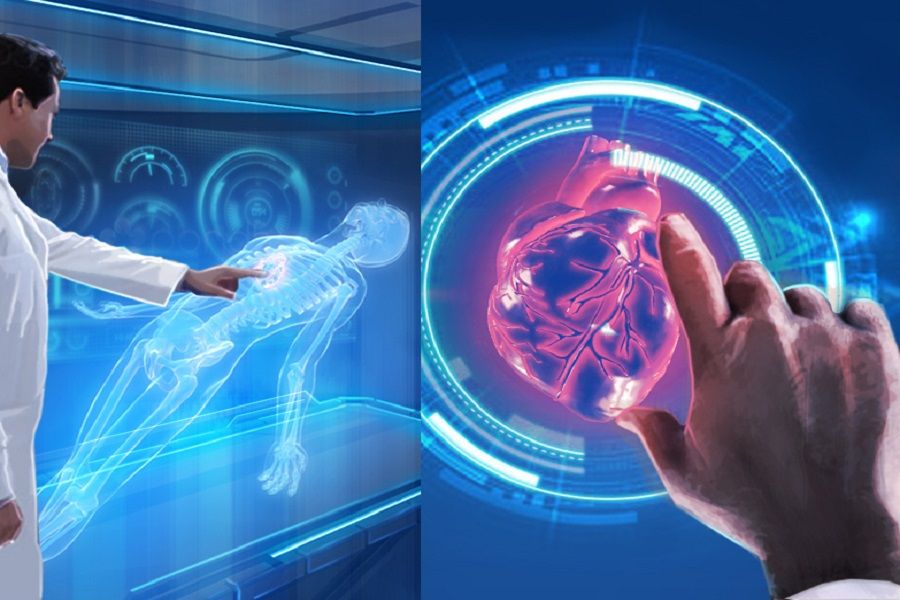
- Manufacturing: The smart factory uses IoT, AI, and robotics to create a fully connected and automated production environment. This leads to reduced waste, higher quality control, and the ability to produce a wider range of customized products.
- Healthcare: Smart tech is revolutionizing patient care. Wearable devices monitor health metrics, AI algorithms analyze medical images to detect diseases, and telemedicine platforms make healthcare more accessible.
- Retail: From inventory management with smart shelves to personalized marketing and frictionless checkout systems, smart tech is creating a more seamless and personalized shopping experience for customers.
- Agriculture: Precision agriculture uses smart sensors and drones to monitor crops and livestock, allowing farmers to use resources more efficiently, increase yields, and reduce their environmental impact.
Conclusion: The Future of Business
The smart tech revolution is more than just a passing trend; it is the new standard for business. Companies that embrace these technologies will gain a significant competitive advantage, while those that fail to adapt risk being left behind. By creating more intelligent, interconnected, and automated systems, smart tech is not only driving economic growth but also paving the way for a more sustainable, efficient, and responsive world. The future of business is here, and it’s powered by intelligent technology.
